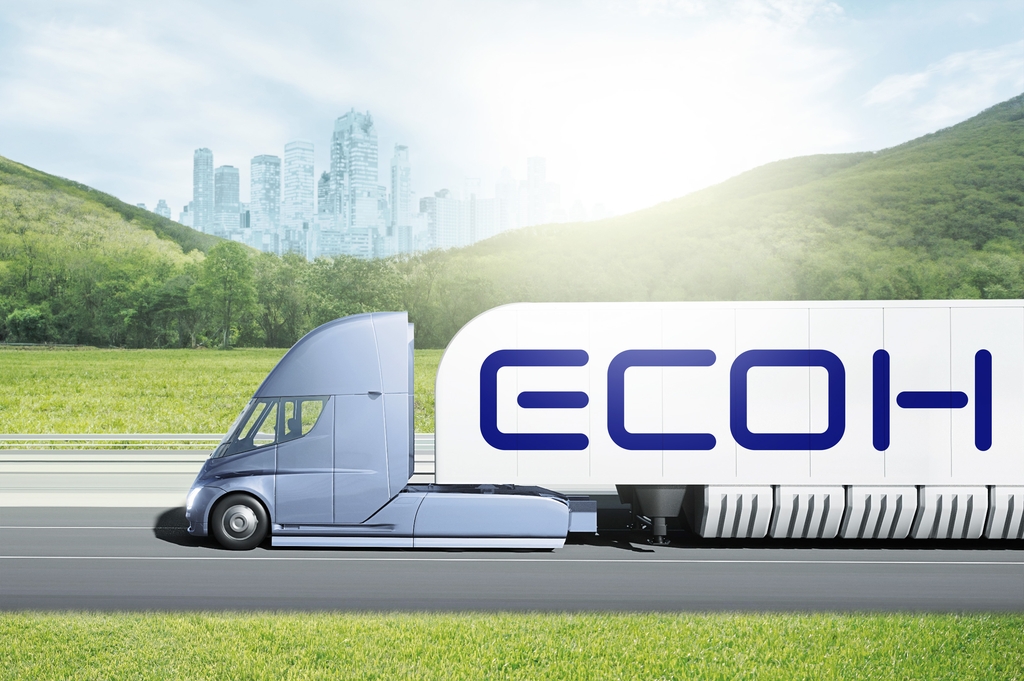- California Assembly OKs highest minimum wage in nation
- S. Korea unveils first graphic cigarette warnings
- US joins with South Korea, Japan in bid to deter North Korea
- LPGA golfer Chun In-gee finally back in action
- S. Korea won’t be top seed in final World Cup qualification round
- US men’s soccer misses 2nd straight Olympics
- US back on track in qualifying with 4-0 win over Guatemala
- High-intensity workout injuries spawn cottage industry
- CDC expands range of Zika mosquitoes into parts of Northeast
- Who knew? ‘The Walking Dead’ is helping families connect
Hyundai Glovis to expand its presence in eco-friendly business
Hyundai Glovis Co., a logistics unit of Hyundai Motor Group, said Monday that it will beef up its eco-friendly business, including hydrogen transportation and electric vehicles (EV) battery recycling.
Under the new business branded ECOH, the company plans to increase its hydrogen shipment centers to nine by 2030 and provide hydrogen to a total of 360 hydrogen charging stations nationwide.
Hyundai Glovis said it has established strategic cooperative relations with global ammonia producers to ramp up its green hydrogen business, though it declined to reveal the names of the ammonia producers.

This image provided by Hyundai Glovis Co. on Oct. 4, 2021, shows a truck transporting hydrogen. (PHOTO NOT FOR SALE) (Yonhap)
Ammonia, which has been attracting a lot of attention as an eco-friendly fuel in the shipbuilding industry, is used to produce green hydrogen by extracting hydrogen from it.
Green hydrogen refers to hydrogen produced from water or ammonia, using renewable energy sources, such as wind power, without emitting carbon dioxide.
The company will transport ammonia with its two very large gas carriers to be built in 2024, it said.
Hyundai Glovis will also tap into the production and distribution market of liquefied hydrogen in 2024, the company said.
As part of its planned energy business, Hyundai Glovis is gearing up for a business to recycle used EV batteries.
The company expected the volume of used EV batteries to sharply increase from 2028.











